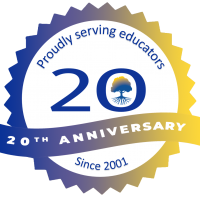ESL Teacher Interviews: Other Paths for Career Development
One of the exciting things about working in English language education is that there are many different career opportunities available to teachers with a little bit of teaching experience. In this video, you will see a series of interviews with teachers who have taken their careers in different directions such as teacher training, curriculum development, marketing, business development, language program management, language assessment and textbook authoring. This is an excellent resource for teachers who are considering pursuing other career paths within the English language education sector.

